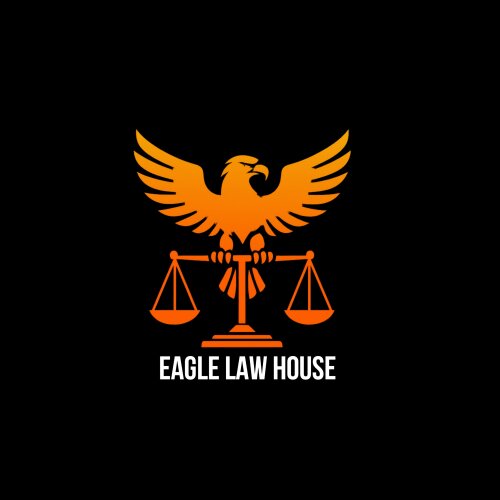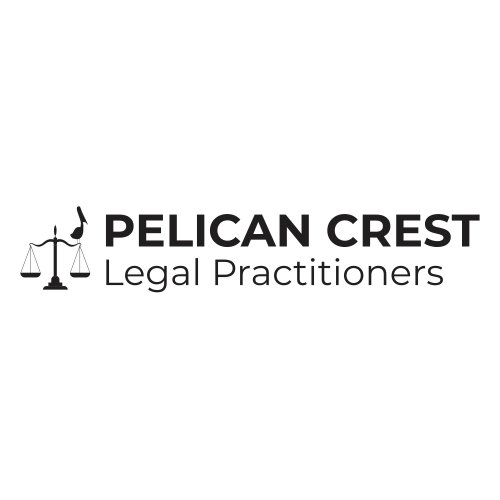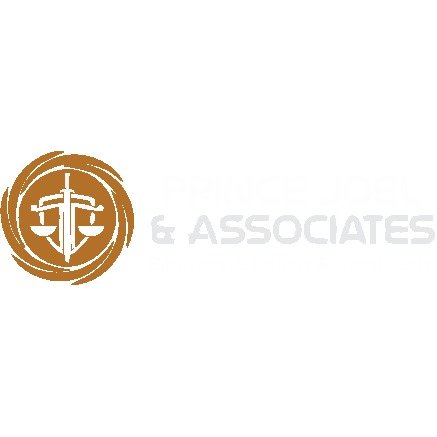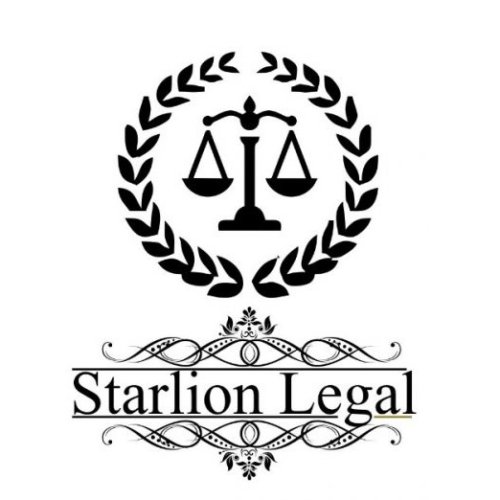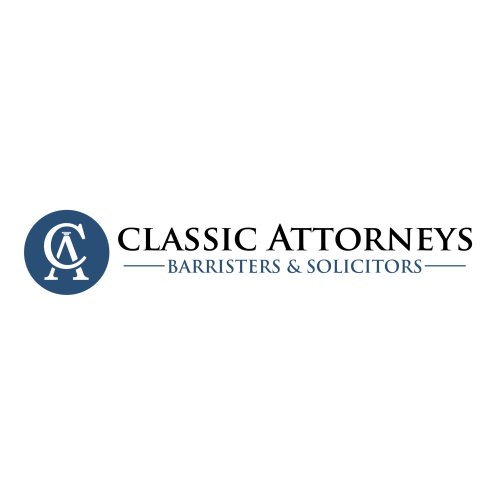Best Foreclosure Lawyers in Nigeria
Share your needs with us, get contacted by law firms.
Free. Takes 2 min.
Free Guide to Hiring a Real Estate Lawyer
Or refine your search by selecting a city:
List of the best lawyers in Nigeria
About Foreclosure Law in Nigeria
Foreclosure in Nigeria refers to the legal process by which a lender attempts to recover the balance of a loan from a borrower who has stopped making payments, typically by selling the asset used as collateral. In Nigeria, the most common form of foreclosure involves real estate as collateral. The process allows lenders to seize property to offset unpaid debts, often due to the borrower's failure to meet the mortgage obligations. Foreclosure laws in Nigeria are shaped by a combination of statutory provisions and court precedents that dictate how these processes should be conducted.
Why You May Need a Lawyer
Legal issues surrounding foreclosure can be complex, requiring expertise to navigate effectively. Here are some common situations where a legal expert might be necessary:
- Understanding Legal Rights: An individual facing foreclosure may not fully understand their legal rights. A lawyer can clarify these rights and assess the validity of the foreclosure process.
- Negotiating with Lenders: Lawyers can assist in renegotiating terms with lenders to prevent foreclosure by arranging modified payment plans or settlements.
- Defending Against Unlawful Foreclosure: If there is a dispute over whether the foreclosure is legally justified, a lawyer can defend against improper or fraudulent actions by the lender.
- Managing Documentation: The foreclosure process includes extensive paperwork. Legal professionals ensure all documents are completed correctly and submitted on time.
- Representation in Court: If a foreclosure case goes to court, having a lawyer who can effectively represent the borrower’s interest is crucial for a fair outcome.
Local Laws Overview
Several key laws in Nigeria affect foreclosure:
- Land Use Act: This act governs land ownership and use in Nigeria and affects how foreclosure processes occur on landed properties.
- Conveyancing Laws: These laws pertain to the transfer of property ownership and highlight the necessary formalities in property transactions, crucial during foreclosure.
- Mortgage Laws: Specific laws exist regarding the creation, implementation, and enforcement of mortgage agreements, essential for the foreclosure process.
- Equity of Redemption: The right for a borrower to redeem their property before full foreclosure is crucial and often protected under Nigerian law.
Frequently Asked Questions
What is foreclosure?
Foreclosure is a legal process where a lender seeks to recover the remaining balance of a defaulted loan by seizing and selling the collateral, often a property.
How does foreclosure begin in Nigeria?
Foreclosure begins after a borrower fails to meet repayment obligations, prompting the lender to file a notice of intent to foreclose based on the terms outlined in the mortgage agreement.
Can a borrower stop foreclosure proceedings?
Yes, a borrower might stop foreclosure by negotiating new terms with the lender, filing for bankruptcy, or paying the owed amount along with associated legal fees before the foreclosure is finalized.
What is the 'Equity of Redemption'?
This is the right of a borrower to reclaim their property by paying off the outstanding debt before the foreclosure sale is concluded.
How long does the foreclosure process take in Nigeria?
The duration varies based on the complexity of the case, court schedules, and any negotiations or appeals. Some processes can take months to years to resolve.
Can foreclosure affect one's credit rating in Nigeria?
Yes, undergoing foreclosure can negatively impact a borrower's credit rating and their ability to obtain future loans.
Is it possible to negotiate terms during the foreclosure process?
Yes, borrowers can try to negotiate with lenders for alternative payment arrangements or loan adjustments at various stages of foreclosure.
What happens to excess funds from a foreclosure sale?
If the foreclosure sale results in surplus funds exceeding the owed amount, the remaining funds are usually returned to the borrower.
Who is responsible for the property's mortgage if it is sold through foreclosure?
The new owner who purchases the property at a foreclosure sale typically assumes responsibility for existing mortgages or liens unless negotiated otherwise.
Do foreclosure laws differ in states across Nigeria?
Yes, while certain federal laws apply, each state may have variations in how foreclosure processes are handled, making local legal counsel beneficial.
Additional Resources
Several organizations and governmental bodies provide assistance and information regarding foreclosure in Nigeria:
- Nigerian Bar Association (NBA): Offers resources and directories to find legal professionals specializing in foreclosure law.
- Estate Surveyors and Valuers Registration Board of Nigeria (ESVARBON): Provides guidelines and standards related to property valuation in foreclosure cases.
- Central Bank of Nigeria (CBN): Issues directives and policies that affect credit facilities and lending practices in the country.
Next Steps
If you are facing foreclosure and need legal assistance, consider these steps:
- Contact a Lawyer: Seek legal advice from a lawyer with experience in foreclosure matters to discuss your options and rights.
- Review Your Mortgage Agreement: Understand the terms of your contract and any foreclosure clauses it contains.
- Consult Local Legal Aid Services: For cost-effective solutions, consult local legal aid services that may offer free or subsidized assistance.
- Prepare Documents: Gather and organize all relevant financial and loan documents to streamline the consultation and potential legal processes.
Lawzana helps you find the best lawyers and law firms in Nigeria through a curated and pre-screened list of qualified legal professionals. Our platform offers rankings and detailed profiles of attorneys and law firms, allowing you to compare based on practice areas, including Foreclosure, experience, and client feedback.
Each profile includes a description of the firm's areas of practice, client reviews, team members and partners, year of establishment, spoken languages, office locations, contact information, social media presence, and any published articles or resources. Most firms on our platform speak English and are experienced in both local and international legal matters.
Get a quote from top-rated law firms in Nigeria — quickly, securely, and without unnecessary hassle.
Disclaimer:
The information provided on this page is for general informational purposes only and does not constitute legal advice. While we strive to ensure the accuracy and relevance of the content, legal information may change over time, and interpretations of the law can vary. You should always consult with a qualified legal professional for advice specific to your situation.
We disclaim all liability for actions taken or not taken based on the content of this page. If you believe any information is incorrect or outdated, please contact us, and we will review and update it where appropriate.
Browse foreclosure law firms by city in Nigeria
Refine your search by selecting a city.



